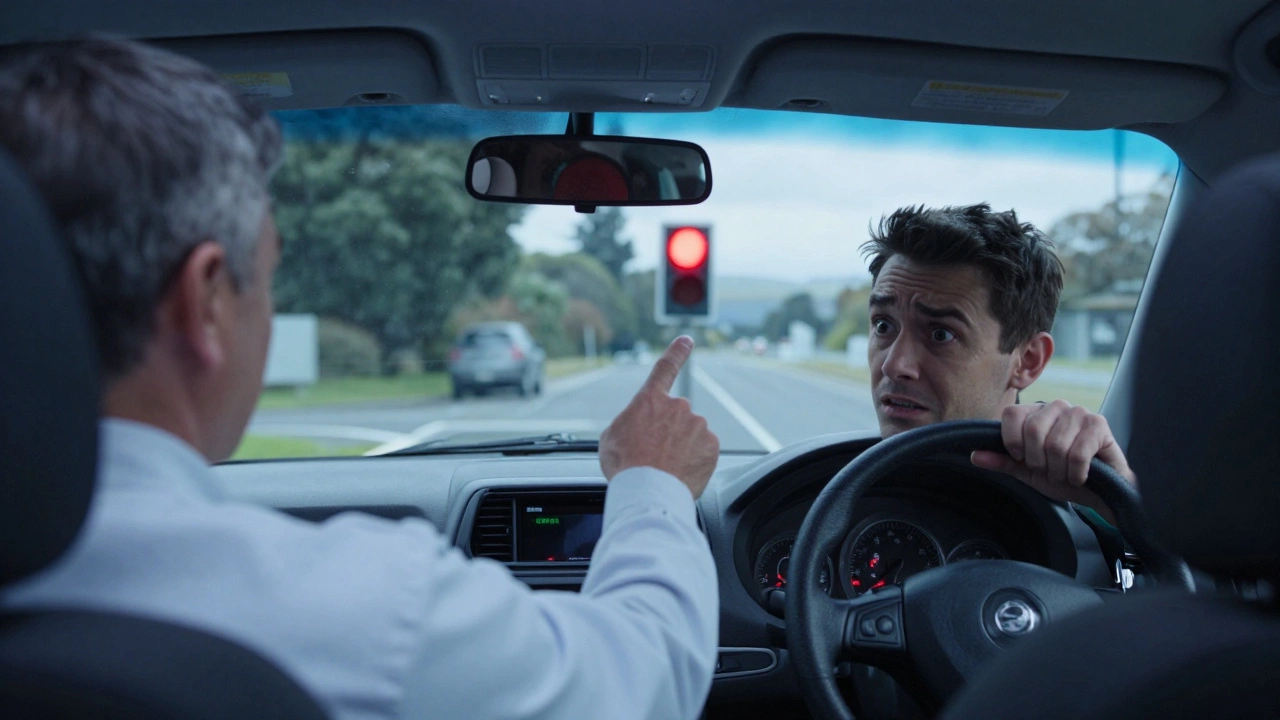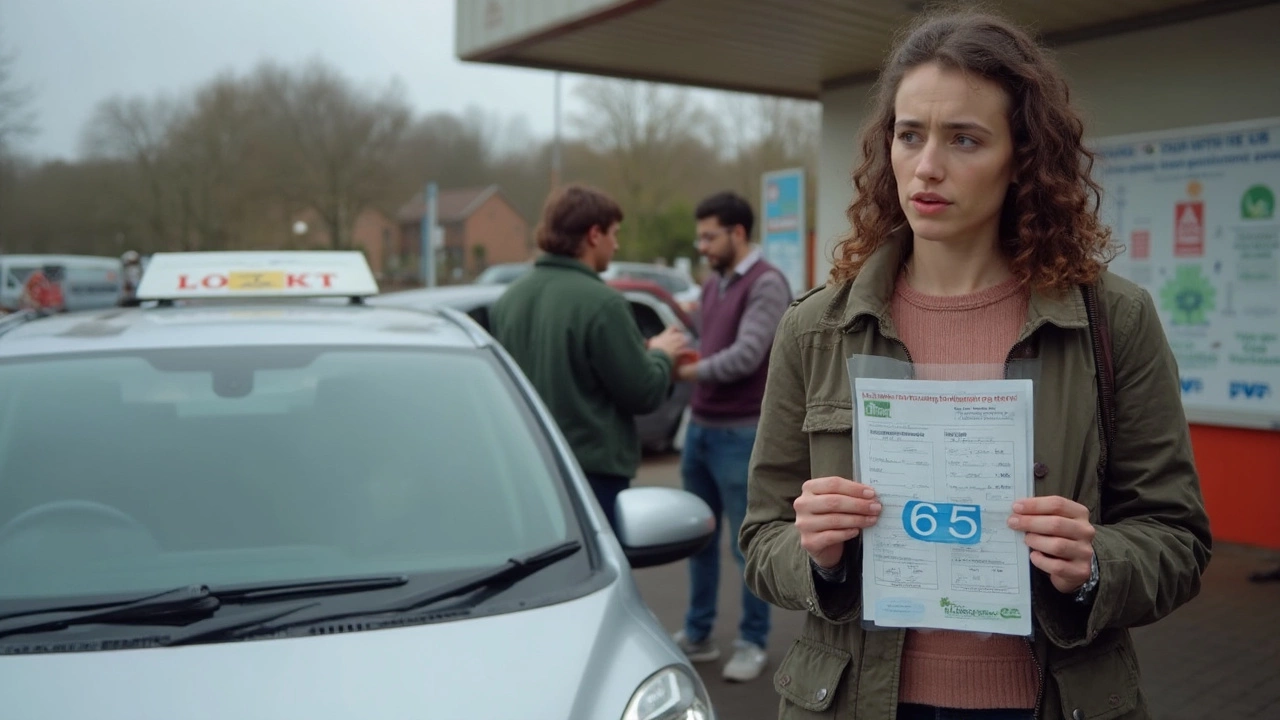Driving Score: What It Is and Why It Matters
Ever seen a number attached to your driving record and wondered what it really tells you? That number is your driving score. It’s a quick snapshot of how safely you handle a vehicle, based on things like speed, braking, acceleration, and cornering. Insurers, fleet managers, and even some employers use the score to decide premiums, rewards, or whether you’re fit for a job.
How Your Driving Score Is Calculated
Most telematics devices or smartphone apps collect data every second you’re on the road. They look at three main habits:
- Speed control: Going over the limit or constantly fluctuating speed adds points against you.
- Braking patterns: Hard stops signal risky behavior; smooth, gradual braking is rewarded.
- Acceleration: Fast starts use more fuel and increase accident risk. Gentle acceleration scores better.
Each habit gets a weight, and the final number is usually out of 100. A score above 80 is considered good, while anything below 60 means you have room to improve.
Tips to Raise Your Driving Score Quickly
Boosting your score isn’t about changing your whole driving style overnight. Small tweaks add up:
- Plan ahead: Know your route, check traffic, and give yourself extra time. Rushing leads to speeding and hard braking.
- Watch your speed: Use cruise control on highways. It keeps you steady and cuts down on fast‑slow cycles.
- Brake early: Look ahead for red lights or traffic. Feather the brake instead of slamming it.
- Ease off the gas: When the road ahead clears, let off the accelerator a bit before you reach it. It smooths out acceleration spikes.
- Limit distractions: Put the phone on silent, set GPS before you start, and keep music at a reasonable volume. Distractions often cause sudden moves.
After a week of practicing these habits, check your telematics app again. You should see a noticeable bump in the score.
Remember, a higher driving score can mean lower insurance premiums, better job prospects in logistics, and most importantly, a safer ride for you and everyone around you. Keep an eye on the numbers, stay consistent, and watch your score climb.
- February 5 2026
- 0 Comments
- Rowan Cavendish
Is 87 a Good Driving Score in New Zealand? The Truth Explained
New Zealand's driving test doesn't use numerical scores like '87'. Learn how the practical test works with fault categories and the theory test pass mark of 91.4%. Clear up common misconceptions about driving scores in NZ.
- August 2 2025
- 0 Comments
- Rowan Cavendish
Is a Driving Score of 72 Good? What Your Driver Rating Really Means
Wondering if a driving score of 72 is good? Learn what your driving score means, how it's calculated, and top tips to improve your rating and road safety.
- June 16 2025
- 0 Comments
- Rowan Cavendish
Is 79 a Good Driving Score? What Passing Really Means in Intensive Driving Courses
Curious if a score of 79 is enough to pass your intensive driving course? This article breaks down how driving scores work, what counts as a passing mark, and what a 79 really means for your driving future. We’ll look at real test standards, what to expect on exam day, and how to make sense of your results. Get the facts and solid tips to help you not just pass but actually drive confidently. No confusion, just clear answers for learner drivers.
- June 12 2025
- 0 Comments
- Rowan Cavendish
Is 65 a Good Driving Score? What It Means for Your Test
Curious if a score of 65 on your driving test is good enough to pass? This article breaks down what a 65 means in real terms, how scores get calculated, and why it might be just below the mark in some places. We also look into tips for booking your test and boosting your score. Get straightforward facts and real-life advice—no confusion, just answers.
- January 3 2025
- 0 Comments
- Rowan Cavendish
Understanding an 80 on Your Driving Test: What It Means and Tips for Improvement
This article explores the implications of receiving a score of 80 on your driving test. It discusses the standards of driving scores, what an 80 signifies, and offers practical advice for those who wish to improve their driving skills. It serves as a guide for prospective drivers to understand their performance and prepare better for future driving tests.
- Driving Lessons (43)
- Driving Test Tips (35)
- HGV Training (32)
- Driving Test Booking (28)
- Driving Licence Renewal (26)
- Driving Theory Test (22)
- Intensive Driving Course (20)
- Pass Plus Course (15)
- Driving Tips (15)
- Driver Licensing (14)
Categories
- February 2026 (8)
- January 2026 (13)
- December 2025 (15)
- November 2025 (13)
- October 2025 (21)
- September 2025 (5)
- August 2025 (8)
- July 2025 (30)
- June 2025 (30)
- May 2025 (30)
- April 2025 (31)
- March 2025 (30)
Archives
- driving lessons
- driving test
- driving tips
- intensive driving course
- driving test tips
- HGV training
- driving theory test
- learn to drive
- driver training
- pass driving test
- driving test booking
- HGV driving
- road safety
- Virginia driving test
- driving license renewal
- Virginia driver's license
- learner drivers
- safe driving
- driving license
- learning to drive





